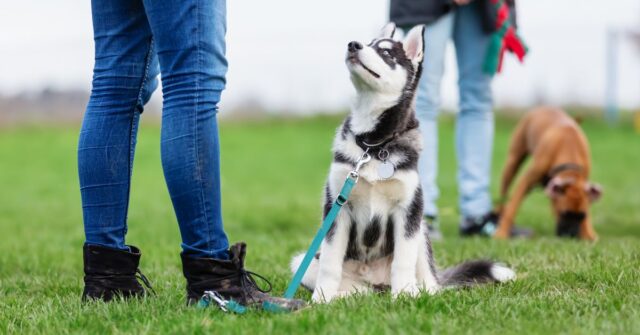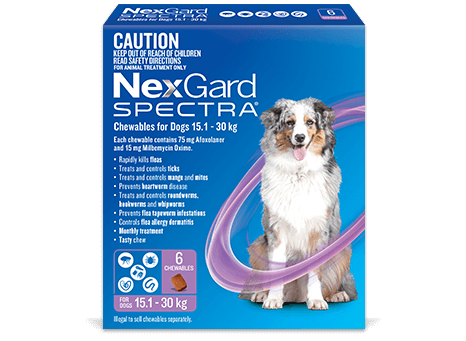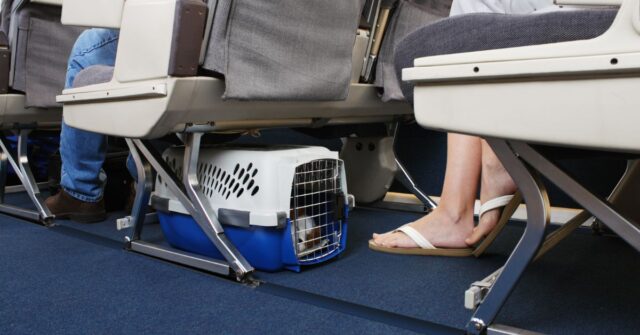With Australia’s deep love for dogs, more residents are seeking pet-friendly rental homes. However, navigating the rental market with a canine companion can present challenges.
This comprehensive guide outlines both your rights and responsibilities as a dog-owning renter in Australia.
The Rise of Dog Ownership in Australia
Australia’s affection for dogs has surged over the past few years, establishing them as a significant part of many families and households.
Current Trends in Pet Ownership
Recent studies indicate a steady increase in dog ownership in Australia, with over 60% of households now owning a pet.
Of these, dogs remain the most popular choice, forming strong bonds with their human families.


Why Aussies Love Their Four-Legged Companions
Dogs offer companionship, loyalty, and joy to their owners.
Their positive impact on mental health and the sense of community they bring to neighbourhoods are among the many reasons Australians cherish their four-legged friends.
Understanding the Legal Landscape: Australian Rental Laws and Pets
When it comes to renting with pets in Australia, it’s crucial to grasp the laws that protect both renters and landlords.
National vs. State Laws: What You Need to Know
While there’s no overarching national law regarding pets in rentals, each state and territory in Australia has its guidelines.
Generally, landlords cannot unreasonably refuse a pet request, but the specifics can vary by region.
Recent Legal Changes Benefitting Dog Owners
Several states, including Victoria, have recently revised their rental laws to be more accommodating to pet owners.
The emphasis has shifted towards making it easier for renters to secure pet-friendly homes, making it a more inclusive environment for dog lovers.
Your Rights as a Dog-owning Renter
It’s essential to be well-informed about your rights when renting with a dog to ensure a harmonious living situation for everyone involved.
Securing a Pet-friendly Lease: Steps and Tips
Always read the lease terms carefully and discuss the possibility of having a dog with the landlord beforehand.
Having a written pet agreement that outlines the expectations and responsibilities can be beneficial. It might also help to introduce your well-behaved pet to the landlord to ease any concerns.


Dealing with Discrimination: What the Law Says
Discrimination based solely on pet ownership isn’t allowed. However, landlords do have the right to express concerns regarding potential property damage or disturbances.
Always be prepared with references from past landlords or vet records to show your pet’s good behaviour.
The Role of Pet Bonds and Deposits
In some Australian states, landlords may request a pet bond in addition to the regular rental bond. This serves as security against any potential damage caused by the pet.
Always ensure that the bond amount is reasonable and reflective of potential risks.
The Responsibilities that Come with Renting with Dogs
While renting with dogs offers numerous joys, it also comes with specific responsibilities to maintain a pleasant environment for everyone.
Maintaining Your Property: Damage and Wear
Regularly inspect your property for any signs of damage caused by your dog, such as scratched floors or chewed furniture.
Ensure that you repair or report any damages promptly to maintain a good relationship with your landlord.
Managing Noise and Disturbances
It’s essential to train your dog to reduce excessive barking or disruptive behaviour, especially in densely populated areas.
Respecting quiet hours and ensuring your dog is well-exercised can help reduce noise-related issues.


Ensuring Your Dog’s Welfare and Safety
Make sure your rental space is safe for your dog. This includes securing any potential hazards and ensuring they have adequate space to move and play.
Regular vet checks and vaccinations are also crucial for their well-being.
Neighbour Relations: Building a Harmonious Community
Introduce your dog to your neighbours to foster a sense of community and reduce potential conflicts.
Keeping shared areas clean, especially from pet waste, is also crucial for maintaining good neighbour relations.
Finding the Perfect Pet-friendly Property
Locating a rental property that caters to your dog’s needs can be challenging, but with the right resources and approach, it’s achievable.
Key Features to Look for in a Rental Home
Seek properties with secure fencing, adequate outdoor space, and proximity to parks or walking trails.
Features like hardwood floors or tiles can be more durable and easier to clean, making them ideal for dog owners.


Look For Dog-friendly Rentals
Many Strata buildings or property owners now advertise their rentals as pet-friendly. Keep an eye out for these properties as you are more likely to get your application approved with your four-legged friend.
Transitioning Your Dog to a New Rental Space
Moving can be stressful for pets. However, with some preparation, you can make the transition smoother for your canine companion.
Pre-move Preparations for a Smooth Transition
Before moving, familiarize your dog with the new environment by taking short visits, if possible. Bringing familiar toys and bedding to the new space can also provide comfort during the transition.
Helping Your Dog Adjust to New Surroundings
Maintain regular routines, such as feeding and walking times, to provide a sense of normalcy. Gradually introduce your dog to each room and give them ample time to explore and settle in.
Introducing Your Dog to Neighbors and Fellow Tenants
Organize casual meet-and-greets, ensuring that all interactions are positive. This can help build trust and rapport between your dog and those around you.


When Issues Arise: Resolving Disputes and Navigating Challenges
While renting with dogs can be rewarding, it’s not without potential challenges. Knowing how to navigate these can ensure a peaceful rental experience.
Effective Communication with Landlords and Property Managers
Always keep an open line of communication. Address any concerns promptly and seek mutually beneficial solutions whenever possible.
Seeking Mediation or Legal Assistance
If disputes escalate, consider seeking mediation through local tenant advisory services. They can provide guidance on how to handle conflicts while keeping both parties’ best interests in mind.
Understanding Grounds for Eviction and How to Avoid Them
Most evictions related to pets arise from repeated disturbances or significant property damage. By understanding your lease terms and adhering to them, you can mitigate the risks of facing eviction.
Conclusion: The Joy of Renting with Man’s Best Friend
Renting with a dog offers companionship and joy that enhances the overall living experience.
By understanding your rights and responsibilities, you can ensure a harmonious and enriching life for both you and your four-legged friend in any rental home.


The Benefits of Having a Dog in a Rental Home
Beyond companionship, dogs can offer security, increase social interactions, and even boost one’s mental well-being. Their presence can truly transform a house into a home.
Moving Forward: Being a Responsible and Aware Tenant
With the knowledge and resources shared in this guide, you’re better equipped to navigate the Australian rental market with your beloved dog.
Always strive for open communication, understanding, and respect for all parties involved.











